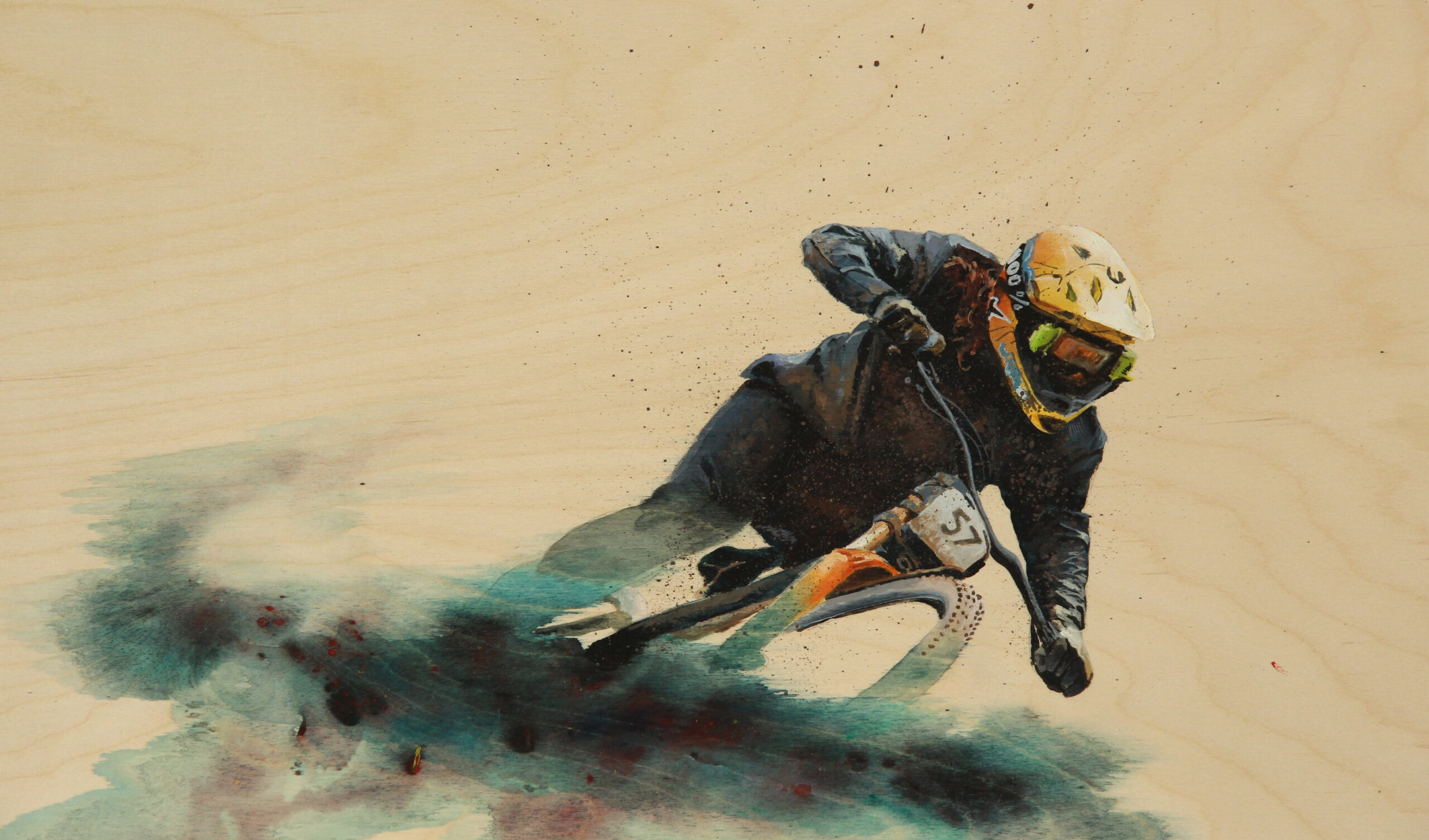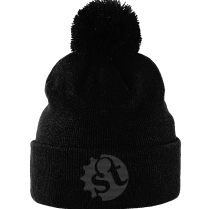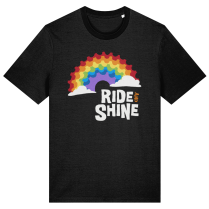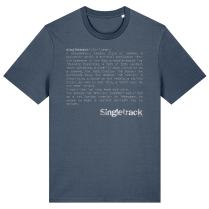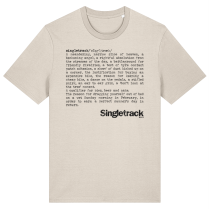Anders concludes this short series looking at the changing face of mountain bike media, with a look at the shifting expectations on athletes. From racer to content creator, Wyn Masters is one of the best at walking the line between these worlds.
The charismatic Kiwi laughter makes its way through my screen as an anecdote involving mountain bike fans and alcoholic beverages unfolds. The screen flickers a bit, but the ones and zeros manage to keep up their digital magic long enough for me to hear some more of Wyn Master’s thoughts. A thousand miles divided yet only two screens apart, we’re sat down to talk about social media when Wyn joyfully recalls how much weird stuff people bring in to his pits, especially in the US.
‘So I had four different guys brought four different moonshine to our pits. They like to bring gifts because they don’t see you very often, but I don’t know if I want to push them too hard. Because they are not scared! If they see on a video that you drink a beer, well then they think that you drink beers every day. I would get people coming to my pit with beers before the race!’

It’s obvious that the interaction between fans and athlete is ever present for the likes of Wyn as hundreds of thousands of people are following his feeds. Needless to say, the racer hardly needs an introduction. But the well earned recognition that surrounds him was not given to him by chance. Head down, through the crust of the earth, Wyn literally worked his way towards his dream through heavy manual labour in mines and construction. Landing in Europe as a privateer, Wyn then found himself stranded in places where the English language was as scarce as money in his pocket. This situation left him needing to learn how to talk to people, create bonds and build networks. And as with many things in his career, Wyn did it on his own back, teaching himself. This background no doubt plays a decisive role in the grassroots vibe that emanates from his character and it’s clear that his past experience helps him navigate the present.
Latest Singletrack Merch
Buying and wearing our sustainable merch is another great way to support Singletrack
‘I think it definitely helps knowing where you came from. You can always look back and go “well I could still be doing that”. It’s a little bit easier to make a video and a lot more fun, so it gives you quite a good grounding. You also see others that are trying to do the same and you can actually see who is putting in everything to do it.’
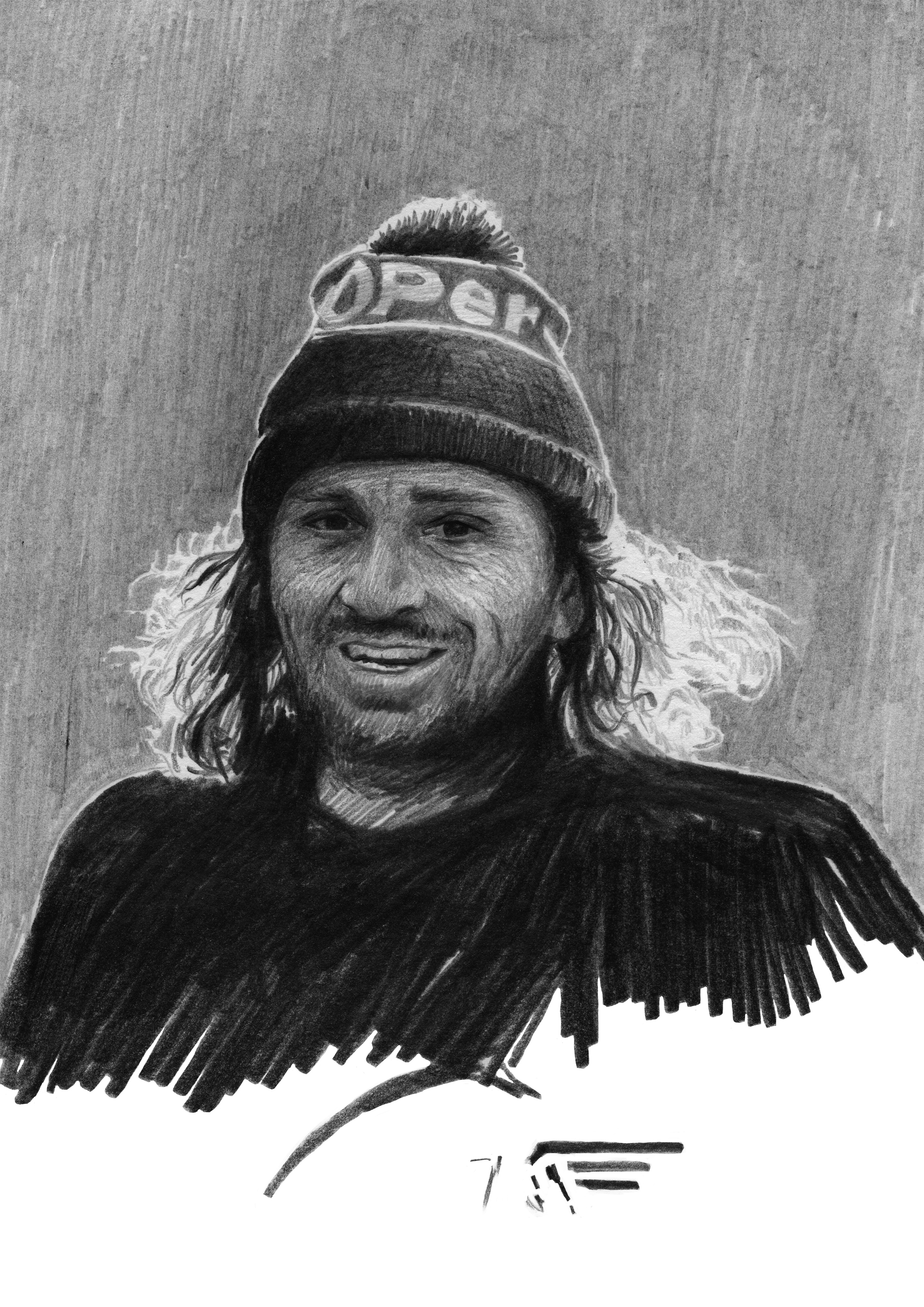
It might seem like a simple ask carried out, shooting some videos just for fun, but today the reality for the professional racer involves a massive challenge that was unheard of just a few years ago. It is not a far stretch to identify two careers being pushed forward simultaneously for most professional mountain bikers. The racing, the immense training and preparation that it demands is just as true as it always was. However, now there is also the job of creating and sustaining a personal brand. The latter being so important that a racer can hardly ignore it and still stay on top, as Wyn explains.
‘There is not much of a way of ignoring social media. If you were to win everything you could, but then when you stop winning it’s finished. It’s pretty hard, you kind of have to do it. You are more than an athlete now. At the end of the day, none of these bike companies are sponsoring you just for the race. They want to sell bikes and they need to see something going alongside the results. Not many riders can achieve consistent results their whole career, or keeping it going, you know. So you kind of have to do a bit of everything.’
While some professional riders have marketing people around to help them with social media, most of the riders don’t enjoy that luxury and have to make up their own strategy for content. As someone who has grown up doing things himself this was never a major concern for Wyn, but it can be a bit of a balancing act. When hundreds of thousands of eyes are just one post away, it’s up to every athlete do draw the line between work and personal integrity.
‘You can see a lot of what I do just through stories and stuff, but you don’t really see my personal life. Everyone thinks that your posts represent everything you do. I think many times a lot of people forget that it’s not actually the real world, it’s like a version of the real world’

The irony is still bitterly present though, as it is clear that even though social media represents a tailored version of the real world, it still dictates massive decisions made by the companies that sponsor riders and events. So what about the relationship between the rider and the marketing strategy? The athletes are more or less expected to promote brands through social media, which can give brands massive exposure in a way that possibly demands less budget than shooting high end promotion films or paying for ads. The athletes themselves can also benefit from having the big roar of well known companies to make their name known to a wider audience. But with this companionship Wyn still spots a risk for the athlete. When it comes to the financial side of things there is still some massive work to be done.
‘The sport has grown probably tenfold in the recent years, and I don’t think that the reimbursements has grown tenfold. There are still riders that are paid much less than the receptionist at the office. And not many athletes are on an employee contract so they have no security. And no one really has got medical insurance… So surely wouldn’t that be a place to start, for the brand to say that we care.’
This has clearly been on Wyn’s mind for some time as the easy going Kiwi’s face takes on a look of solid determination when we speak of this. Besides the monetary fact, putting yourself out there in front of thousands of people also means exposing yourself to the more unpleasant sides of social media. The pressure put on by comments and hateful rhetoric by followers is ever present. But this is where a piece of Wyn’s success on social media can be found, as his genuinely positive attitude doesn’t leave him too bothered with some of the more rabid commenters of the mountain bike community. Wyn laughs as he explains how he deals with this interaction and it is evident that he has long since graduated from novice to expert when it comes to handling the relationship between follower and influencer.
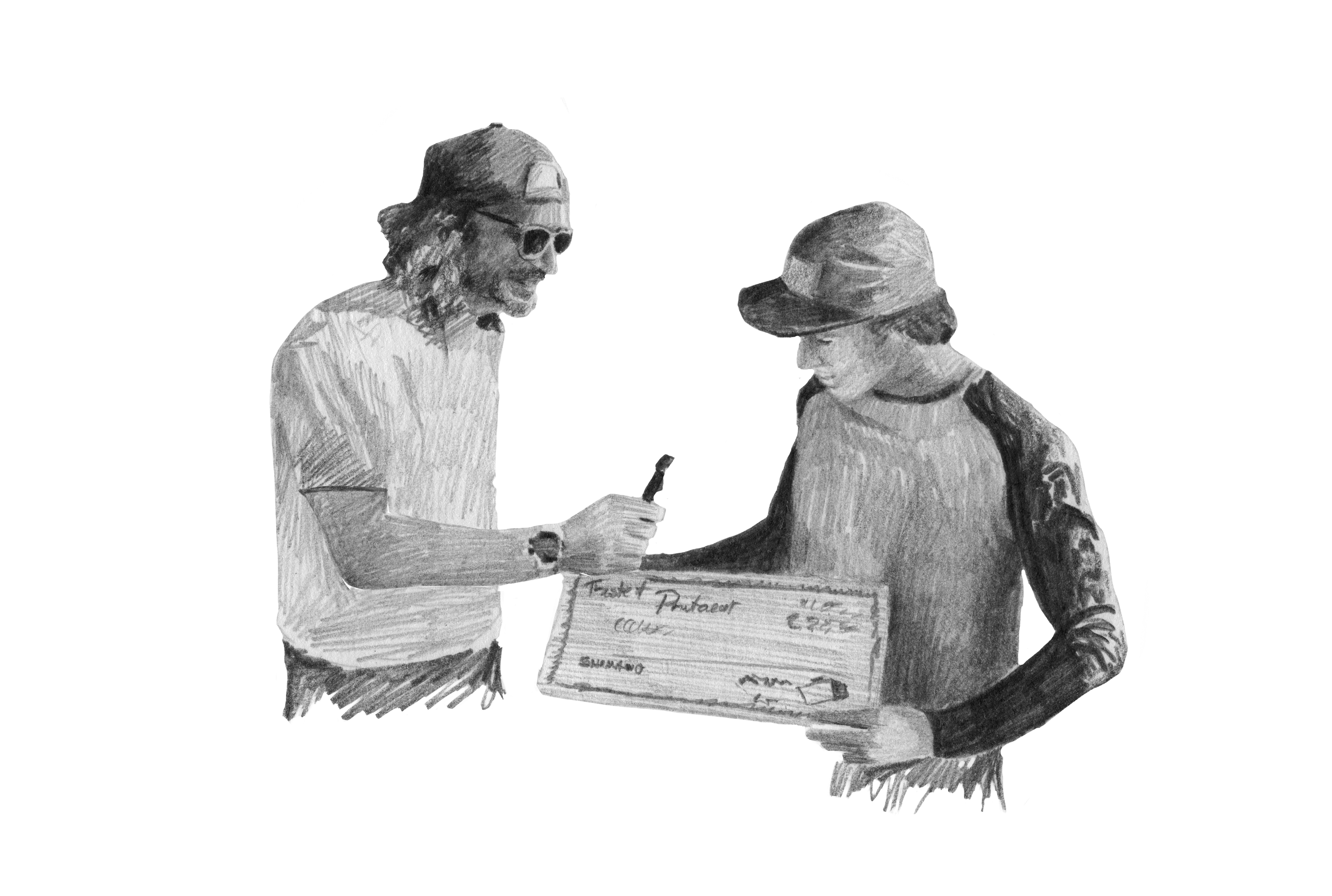
‘Social media gives everyone a place for their opinion, whether it’s good or bad. So if they want to have a bad opinion that’s alright but you have to get pretty comfortable with reading bad as well as good. I do like to reply to people because that small interaction can count for quite a lot for them you know? A lot of other riders won’t do that. I think it can really can make a memory for someone.’
When we leave this subject I can’t help but wonder if other athletes come to Wyn for advice on how to manage their social media, given that he is one of the pioneers. He pauses to think, his mind probably revisiting some of the experiences that make up the ground pillars of his advice.
‘You have to do what’s true to you. If you’re not a funny, creative person you don’t need to be that on social media. Rather just put out what you are and show what you are doing. It has to be true to yourself otherwise you are not going to enjoy it.’
After our conversation has come to an end I ponder how social media can be such a remarkable tool. It opens new pathways blurring old borders between the fans and the professionals. What was once regarded as great divide to cross has now been reduced a to a screen that fits in your pocket. In the bridging of this divide is where I find Wyn’s talent for communication. By staying true to himself and the path that made him a racer he manages to make the distance between follower and influencer feel like a friendly high five.
This is quite a tall order to achieve and still come out on the other end with a sense of grounding and honesty. It truly is as Wyn Masters exemplifies, you have to put everything in it if you want to become more than an athlete.
Big thanks to Sven Martin for providing reference photos for the art in this interview.
